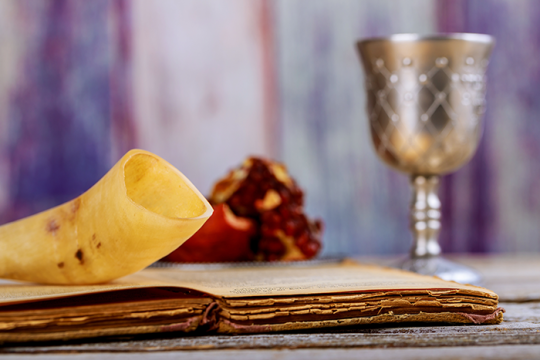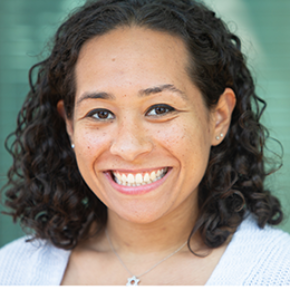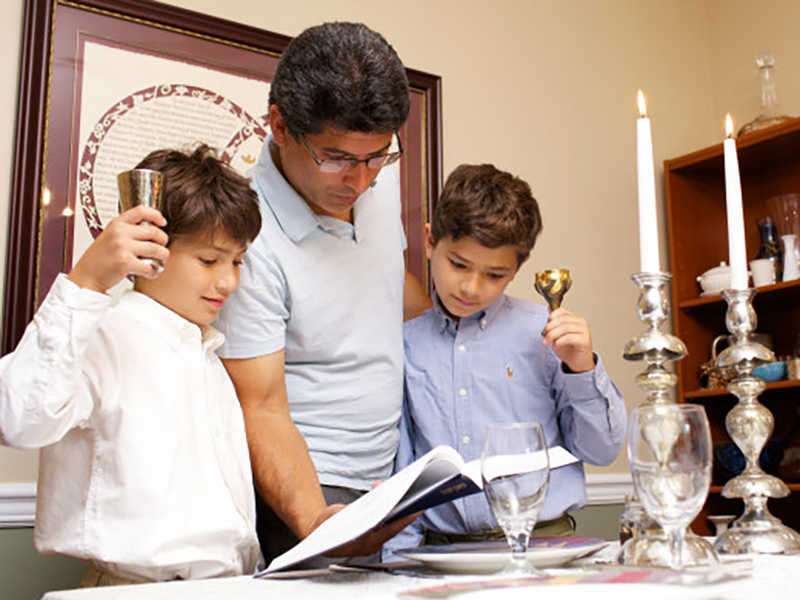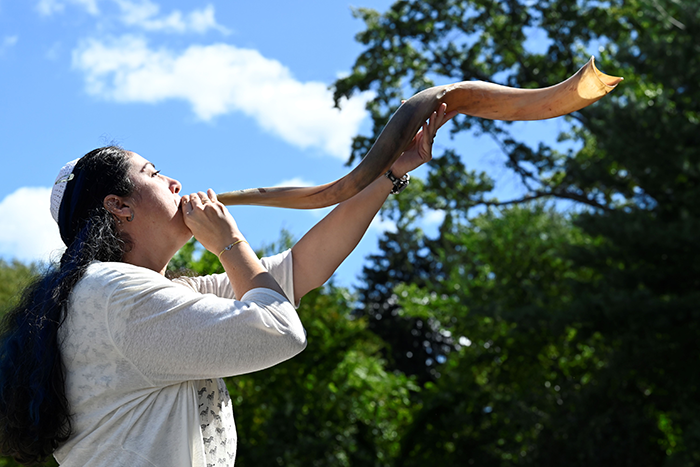
Yom Kippur, the holiest day of the Jewish year, does not offer simple answers. Instead, it calls us to reflect on who we are, how we want to live, and how we show up in the world. As we enter this sacred time, here are five questions to help elevate the day with deeper meaning.
- What Does It Mean to Be Holy?
The Torah commands, “You shall be holy, for I, Adonai your God, am holy” (Leviticus 19:2). On Yom Kippur, we set aside the mundane and embrace a different rhythm, one of awe and intention. Many do this by fasting, wearing white, and refraining from physical comforts, while the prayers of the day guide us toward reflection. To be holy is to act with care, to recognize the divine spark in ourselves and others, and to embrace the possibility of transformation. Yom Kippur gives us space to dwell in the intensities of human experience: longing, grief, humility, vulnerability, amazement, and compassion, recognizing that these, too, can be holy.
- What Does It Mean to Atone For Our Sins?
The Hebrew word cheit does not translate directly to “sin.” Instead of inherent badness, it refers to “missing the mark.” On Yom Kippur, we name the times we fell short. This is not to wallow in shame, but to recognize our humanity and take responsibility. The day reminds us that our character is shaped not by past mistakes, but by the choices and actions we take next. Yom Kippur calls us to return to our best intentions and to move toward real, concrete change.
- What Is Our Communal Responsibility?
The Vidui, our confessional prayer, is spoken in the plural: Ashamnu, bagadnu — we have transgressed, we have betrayed. We name our shortcomings together because individual actions shape the life of the community, because none of us is entirely alone in our struggles. Confessing as “we” shifts the burden and affirms solidarity. This is not only a day for personal inventory, but for imagining the community we long to become.
- What Does It Mean to Remember?
Yom Kippur turns our hearts toward both the fragility of life and the persistence of memory. During Yizkor, the memorial service recited on Yom Kippur, we bring those we lost into our prayers, weaving their lives into the fabric of the day. Each of us grieves in a personal way, but Yizkor is recited in community, where individual memory becomes part of a collective act. Yom Kippur is about truth-telling: who we are, what we regret, and whom we carry with us. By engaging memory alongside confession and prayer, the day teaches us that reckoning with the past is essential to shaping the future.
- How Do We Seek Forgiveness?
The Talmud teaches: “For transgressions between a person and God, Yom Kippur atones; but for transgressions between one person and another, Yom Kippur does not atone until reconciliation is sought” (Yoma 8:9). Asking forgiveness is one of the hardest tasks we face. The Al Chet prayer reminds us that so many of our failings are in relationships through harsh words, careless speech, and selfish acts. Yom Kippur teaches that repairing these breaches requires honesty, courage, and effort. Inspired by Maimonides, the resource Five Steps to Forgiveness offers practical tools for repairing relationships with others and yourself while moving forward with integrity, healing, and hope.
Yom Kippur offers us the rare chance to pause, reflect, and reset. The prayers of the day speak of God’s compassion and our capacity for change through t’shuvah, t’fillah, and tzedakah — repentance, prayer, and acts of justice. May this day help you see your own holiness, honor memory, accept imperfection, lean into community, and seek forgiveness. And may the gates of this new year open wide with compassion, courage, and curiosity.
Related Posts

Crossing the Bridge from the Particular to the Universal
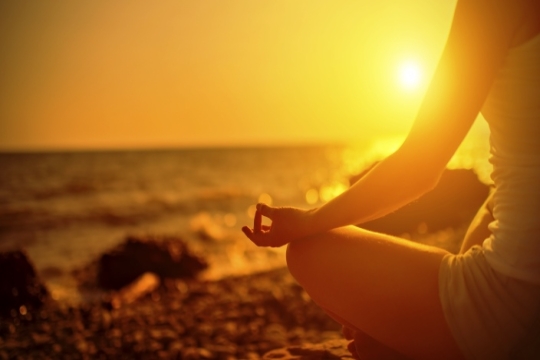
How Meditation is Preparing Me for the High Holidays
